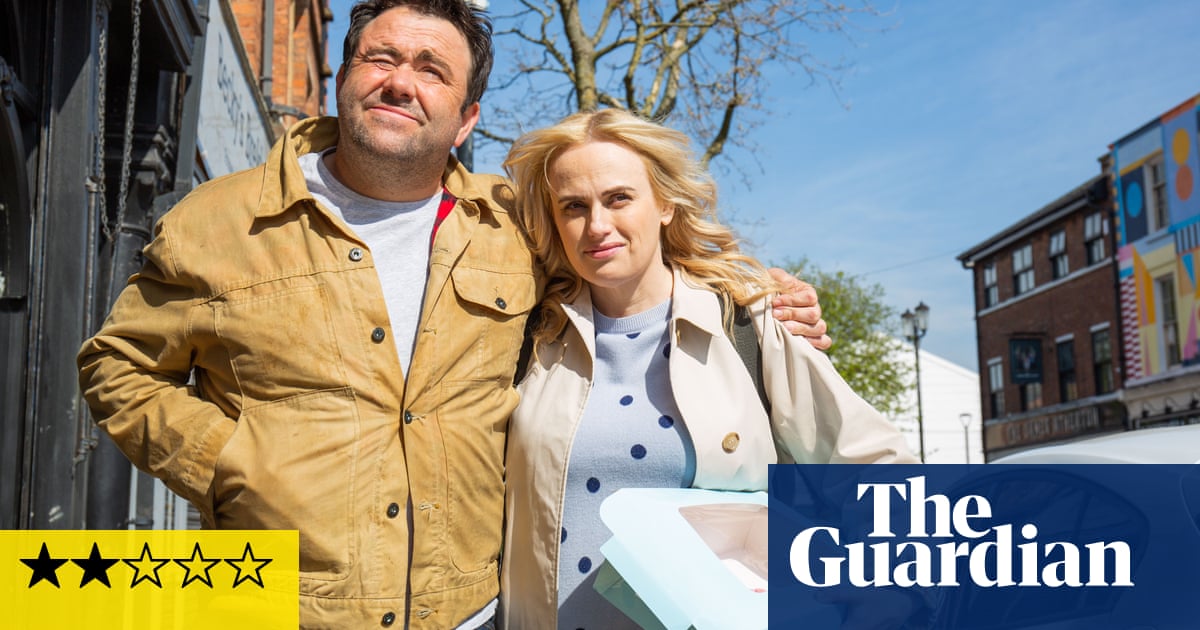Well-meaning but contrived and unconvincing, this is a British drama about how traumatic brain injuries can leave people with hidden disabilities and complex needs. In her first non-comedy role Rebel Wilson plays archaeologist Sarah, whose husband, Joe (the film’s co-director Celyn Jones), has had life-changing surgery to remove a brain tumour. Two years later he is unable to form new memories and is impulsive and disinhibited. A couple of scenes showing these behavioural changes feel a bit overdone: in one he walks up to a little kid in the street and hands him a doughnut; the boy’s mum kicks off big-time, and within seconds the whole street is filming it on smartphones.
Sarah still loves her husband, but he is not the man she married; his identity, and the things that make him him, have changed. Wilson is really impressive in these scenes, dialling it down and giving feeling to Sarah’s painful situation. Exhausted from caring for Joe she arranges a respite stay in a residential unit for brain-injury survivors, run by Meera Syal’s neuropsychiatrist Dr Falmer – where admission looks as easy as booking an Airbnb. “Pack a bag, we’ll make up a room.”
The movie begins with a flash-forward to six months ahead, as Sarah wakes up in a hotel room bleary-eyed after a night with another woman. This is Toni (Charlotte Gainsbourg), whose partner, Gwen (Trine Dyrholm), is also staying at the unit. There is something unrelaxed in the way these two stories come together. Partly it’s about style: Wilson’s performance is accomplished and subtle, but she brings unmistakable Hollywood gloss and glam, filming a shower scene with mascara on, her hair curled. Then there’s Gainsbourg, a world away with her band T-shirts and no-makeup cool. They look as if they are in different movies and don’t seem to click together either. It’s a shame, but in the end this feels more like a beginner’s lesson in neuroscience than a rewarding drama.







